Navigating Grief on International Survivors of Suicide Loss Day: Tips for Youth
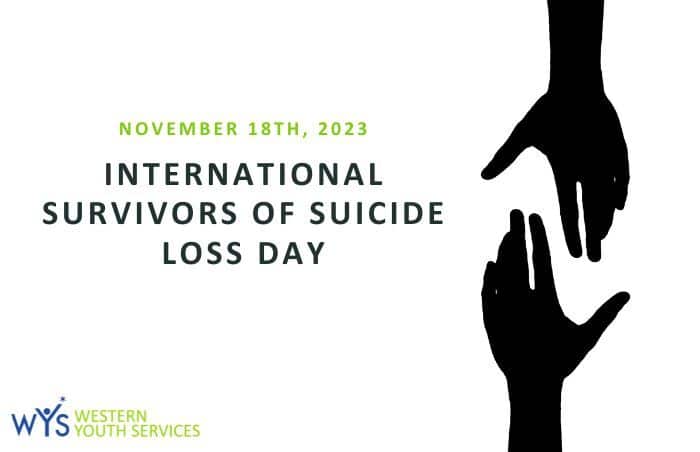
Every year, International Survivors of Suicide Day, observed on the Saturday before Thanksgiving, provides an opportunity to come together and remember those we have lost to suicide. It’s a day to honor their lives and offer support to the survivors left behind. In this blog post, we address the grief experienced by the youth and […]
Mental Health Awareness in Action
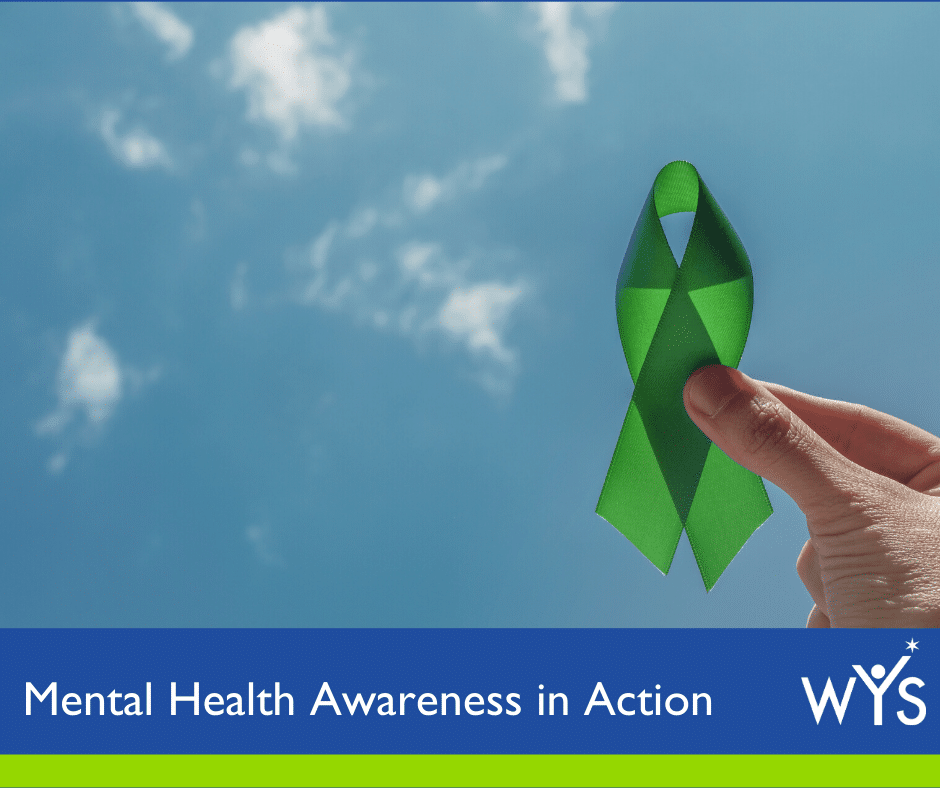
Mental Health Awareness in Action Mental health awareness and education are paramount to our daily work. Throughout the pandemic, two things kept rising to the top (1) mindfulness and (2) people want to learn more about mental health. This article includes some of the mindfulness techniques that we use with our clients, in our programs, […]
The Heartbeat Goes On

The Heartbeat Goes On Novel Coronavirus (COVID-19) is impacting all of our lives. Stress, fear, and anxiety are heightened; we want you to know that help is available and you are not alone. Western Youth Services (WYS) has been part of the heartbeat of the Orange County, California community since 1972 and we are here […]
Why We Still Need To Talk About Teen Mental Health
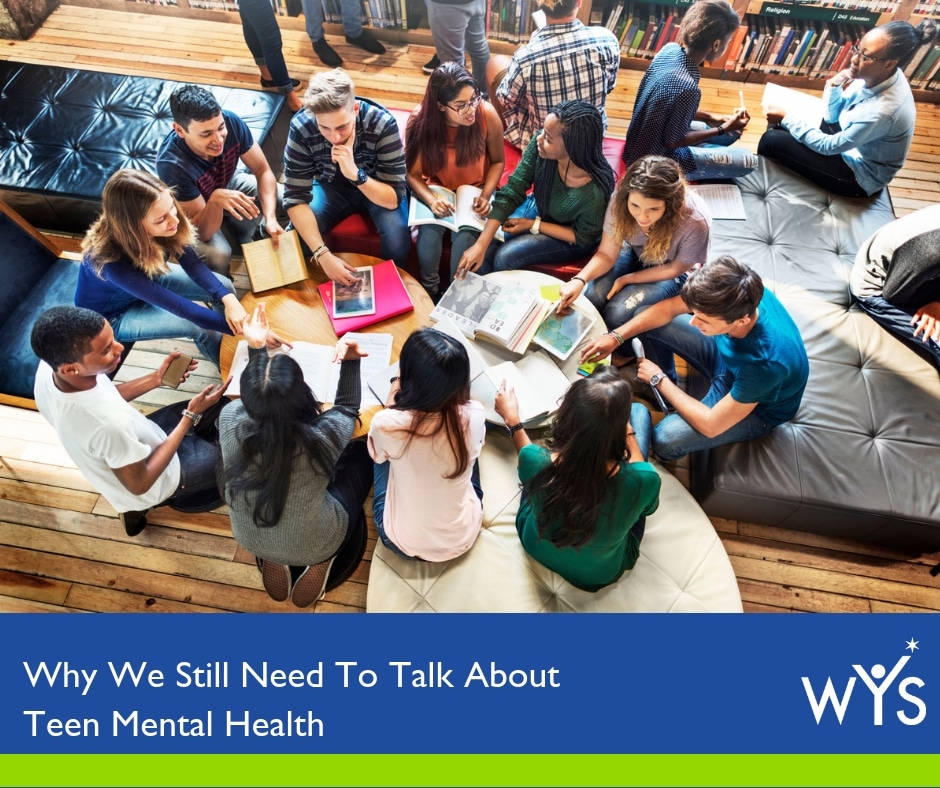
Why We Still Need To Talk About Teen Mental Health We created our series 13 Reasons Why We MUST Talk About Teen Mental Health because when the Netflix original series, 13 Reasons Why, aired there was tremendous controversy surrounding it. The show shares the fictional story of a high school student named Hannah Baker, who […]
Hope for Teens Struggling with Depression
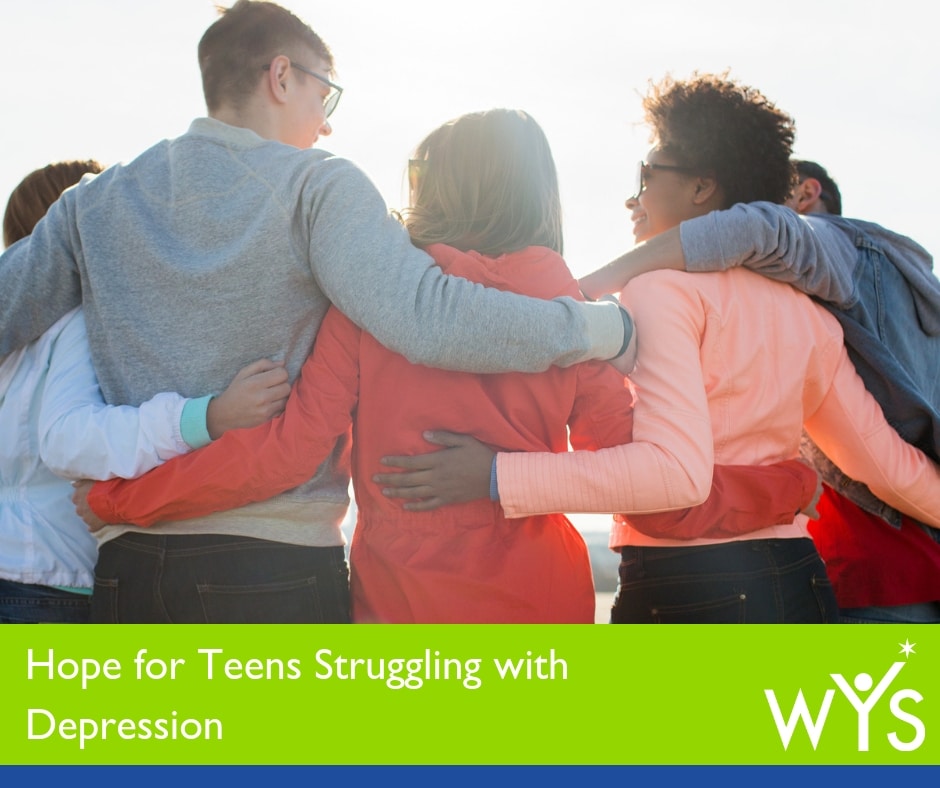
Hope for Teens Struggling with Depression Depression in adolescents is more than sadness or moodiness. It is a complex mental health condition that requires compassionate medical care. At Western Youth Services, we support teens and families through the complexities of living with a mental illness. What is depression? Everyone feels sad at some point in […]
9 Ways to Strengthen Resiliency and Prevent Instances of Mental Illness in Youth
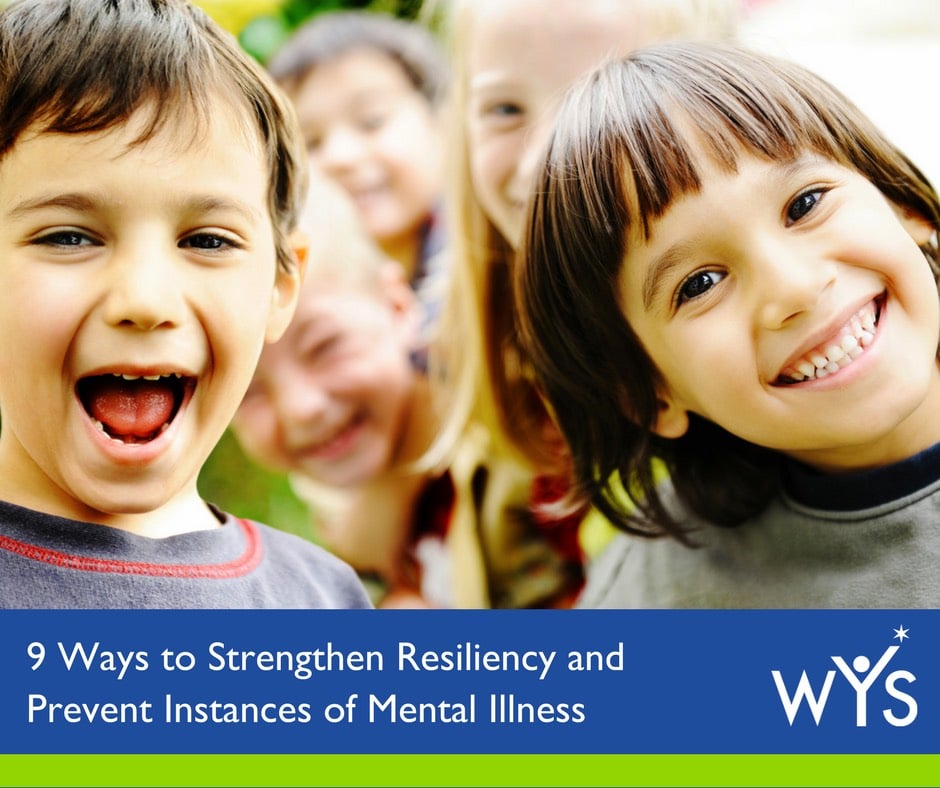
9 Ways to Strengthen Resiliency and Prevent Instances of Mental Illness There are certain factors, including Adverse Childhood Experiences (ACEs) like abuse, neglect and family dysfunction that increase the likelihood of mental health conditions such as depression, anxiety and posttraumatic stress disorder (PTSD). As we have witnessed and experienced, these childhood adversities can have a […]
How to Overcome Emotional Neglect in Childhood
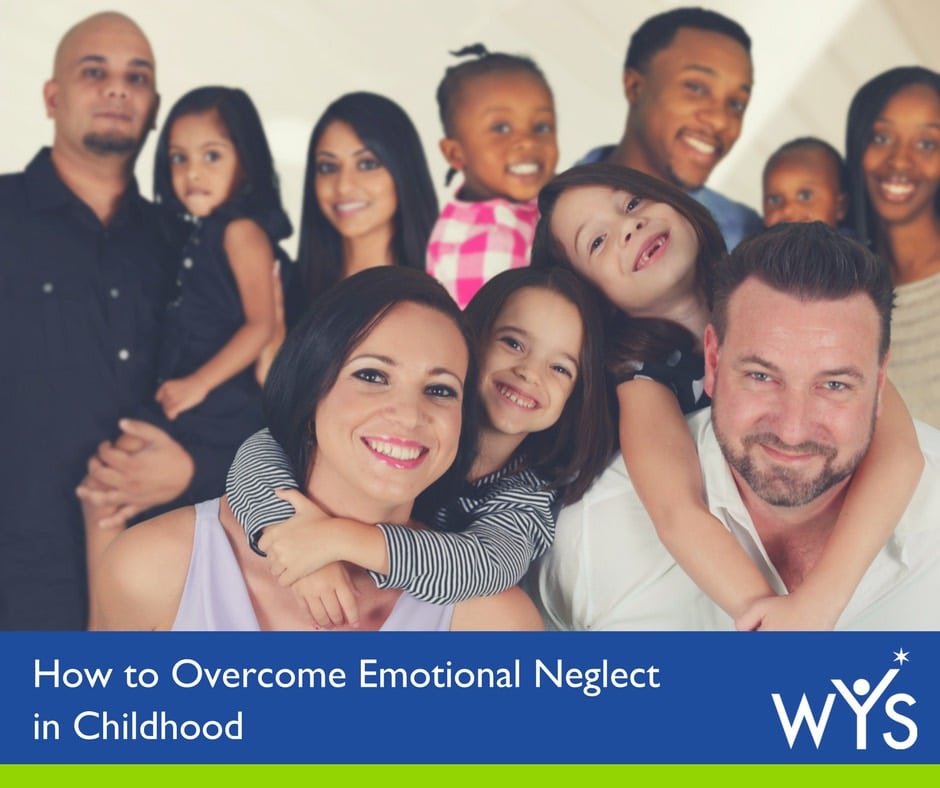
How to Overcome Emotional Neglect in Childhood Family relationships are complex and there are a wide range of issues that fall under the label of family dysfunction. Most people associate it with big events, such as witnessing domestic violence, living through divorce or separation of a parent/caregiver, addictive behaviors, domestic abuse, and/or mental health concerns […]
How to Empower Children by Building Their Resiliency Muscle
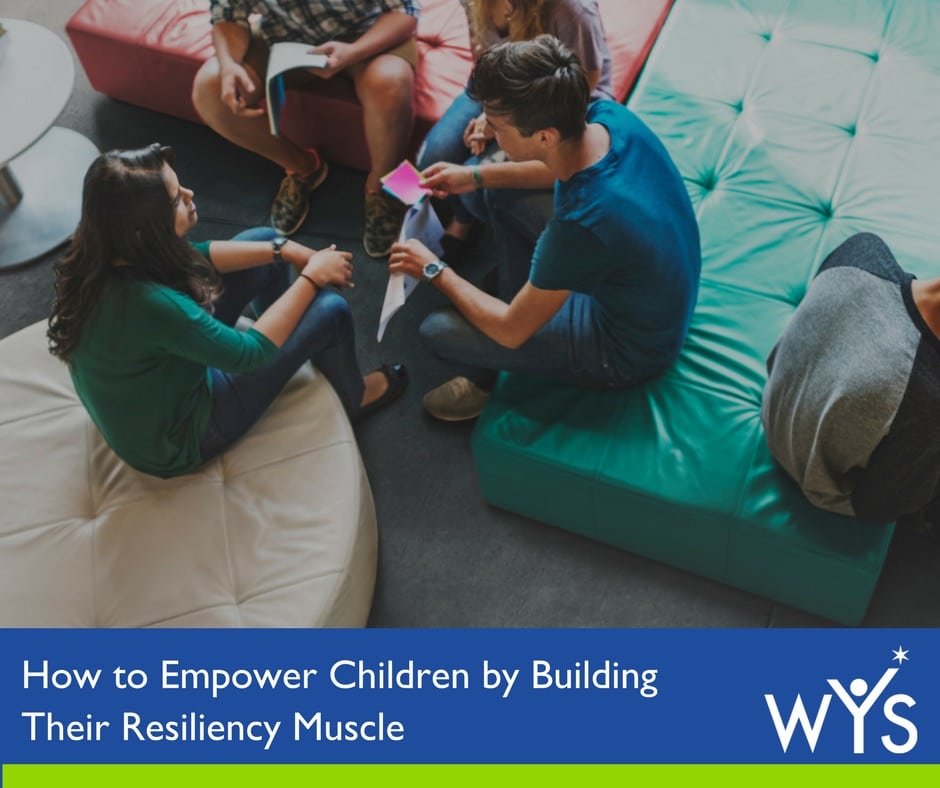
How to Empower Children by Building Their Resiliency Muscle January is National Mentoring month and this month’s article makes the connection between Mentoring and Resiliency. Did you know that childhood trauma is an epidemic? That one in five children has a diagnosable mental health condition? That childhood trauma is associated, in many cases, with lifelong health and mental health outcomes? […]
The Impact of Childhood Domestic Violence
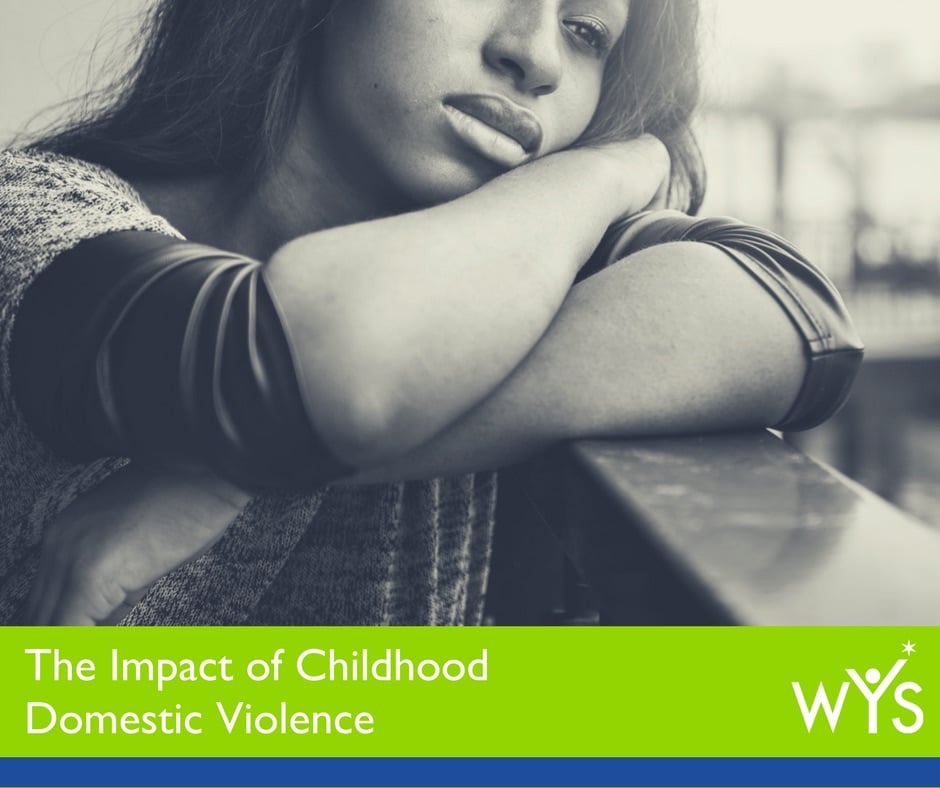
The Impact of Childhood Domestic Violence Let’s start with statistics of Childhood Domestic Violence, which are heartbreaking. A study conducted by the National Center for Biotechnology Information (NCBI) states that every year an estimated 3.3 million to 10 million children are exposed to domestic violence in their home. ChildStats.gov indicates that there are 73.8 million […]
Teachers are Mental Health Champions
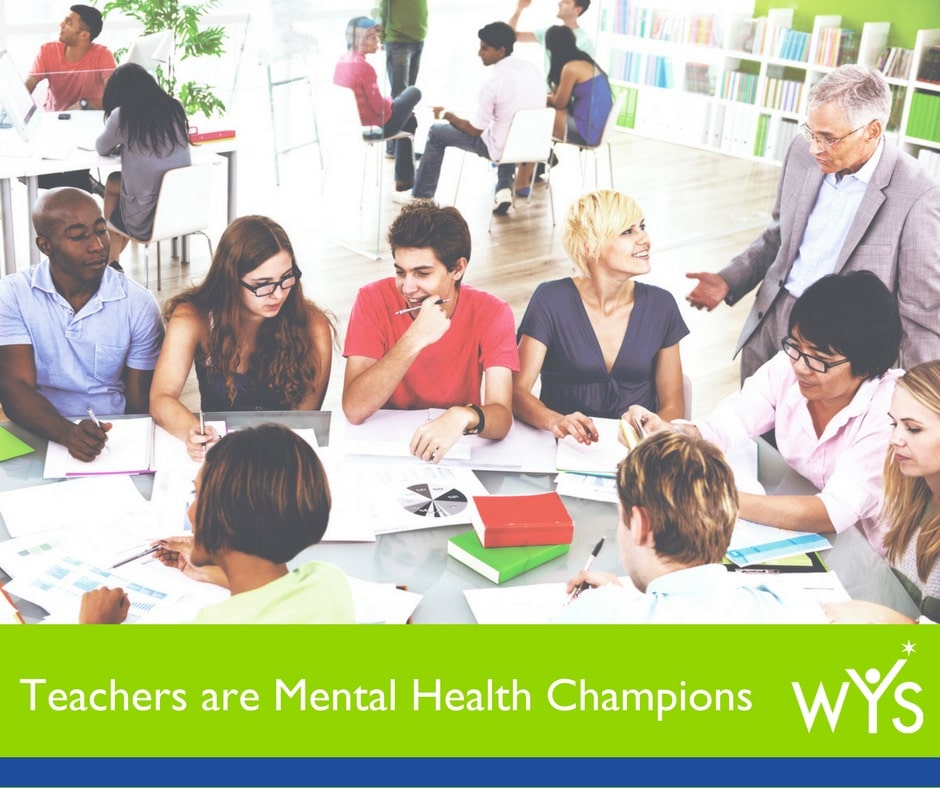
Teachers are Mental Health Champions Mental health is perhaps one of the most important yet severely overlooked obstacles to children’s ability to learn. For children and teens, signs of mental illness often manifest first in their performance and behavior at school. Teachers may observe a student’s difficulty concentrating, chronic absence, low achievement, disruptive behavior, mood […]


